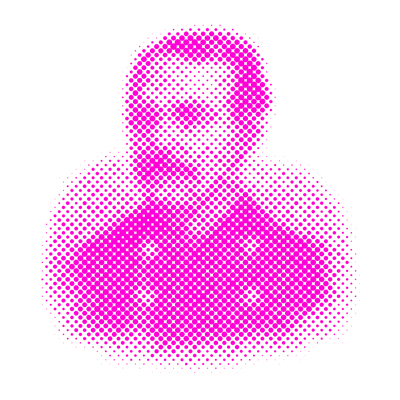Dementia represents a major challenge for societies worldwide. As of 2018, there are 47 million people living with the condition globally, a number expected to almost triple by 2050 to over 131 million. At the moment, there is no cure for dementia, so maintaining quality of life has become an important focus. A growing body of evidence suggests that engaging with creative activities can have important health and wellbeing outcomes, but innovative new forms of cross-sector partnership are needed if that promise is to become a reality. How can creativity help us all to live well with dementia?
Building on my research into models of cross-sector collaboration, I developed and led Dementia Connect – a one-year project that brought together healthcare service providers, creative industry partners, voluntary and public sector organisations, designers, university researchers, and people living with dementia, to reveal the potential of new types of collaborative working in the dementia and arts field. The centre piece of the project was a series of full-day development labs at FACT Liverpool, bringing together different stakeholders to map the state of the field, explore new trajectories for cross-sector engagement, address issues around participatory design, and explore different forms of evaluation, evidence, and value. A Creative Voucher scheme (totalling £20k) enabled development lab participants to work together after a lab event, resulting in new prototyped products, services, and experiences. One of these projects – The Activity Academy – was a finalist for best Dementia Training Initiative at the National Dementia Care Awards 2018.
Delivered May 2017 – August 2018. The University of the West of England, Bristol / FACT Liverpool (AHRC grant number AH/P013163/1)
Outputs
Senior, T. J., (2019). Dementia Connect Report. Bristol: Dementia Connect. Available online at: https://dementiaconnect.dcrc.org.uk/wp-content/uploads/dementiaconnect/DC-Report-A4-AW_Senior_lowRes.pdf (Accessed October 23, 2019).
